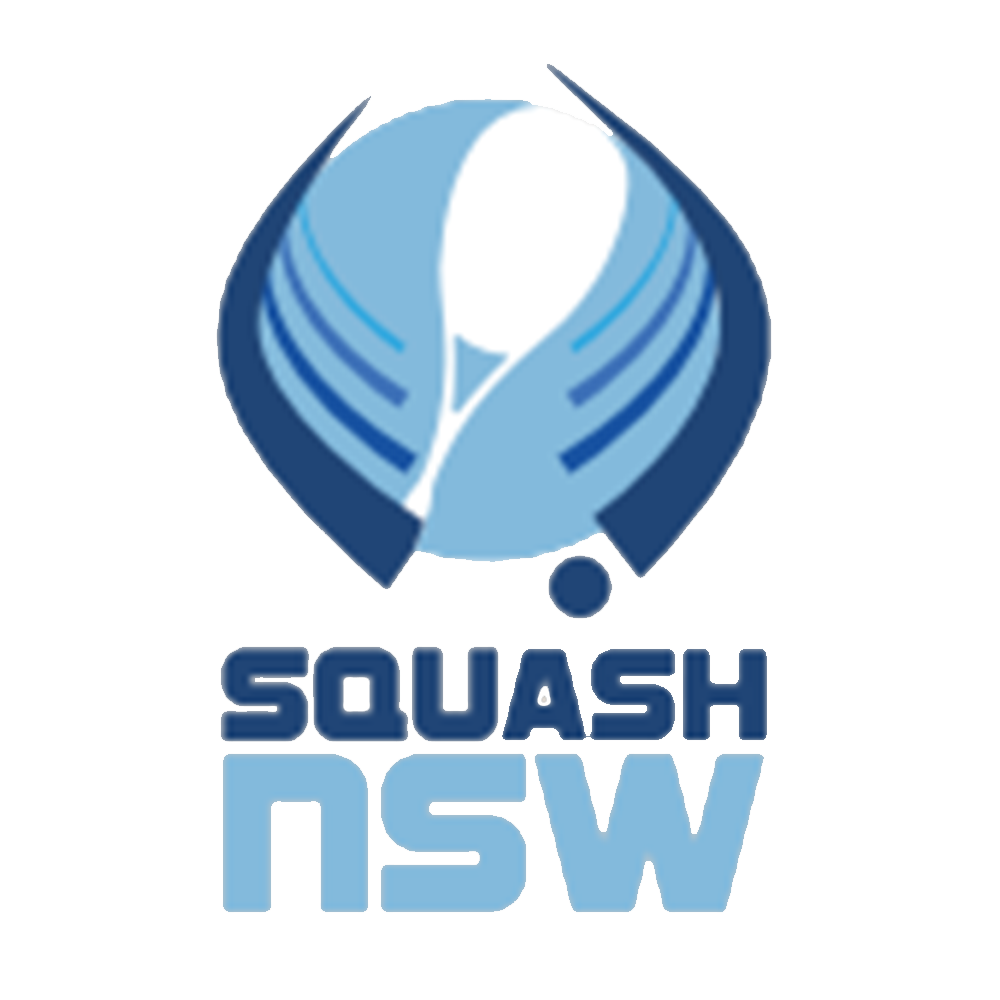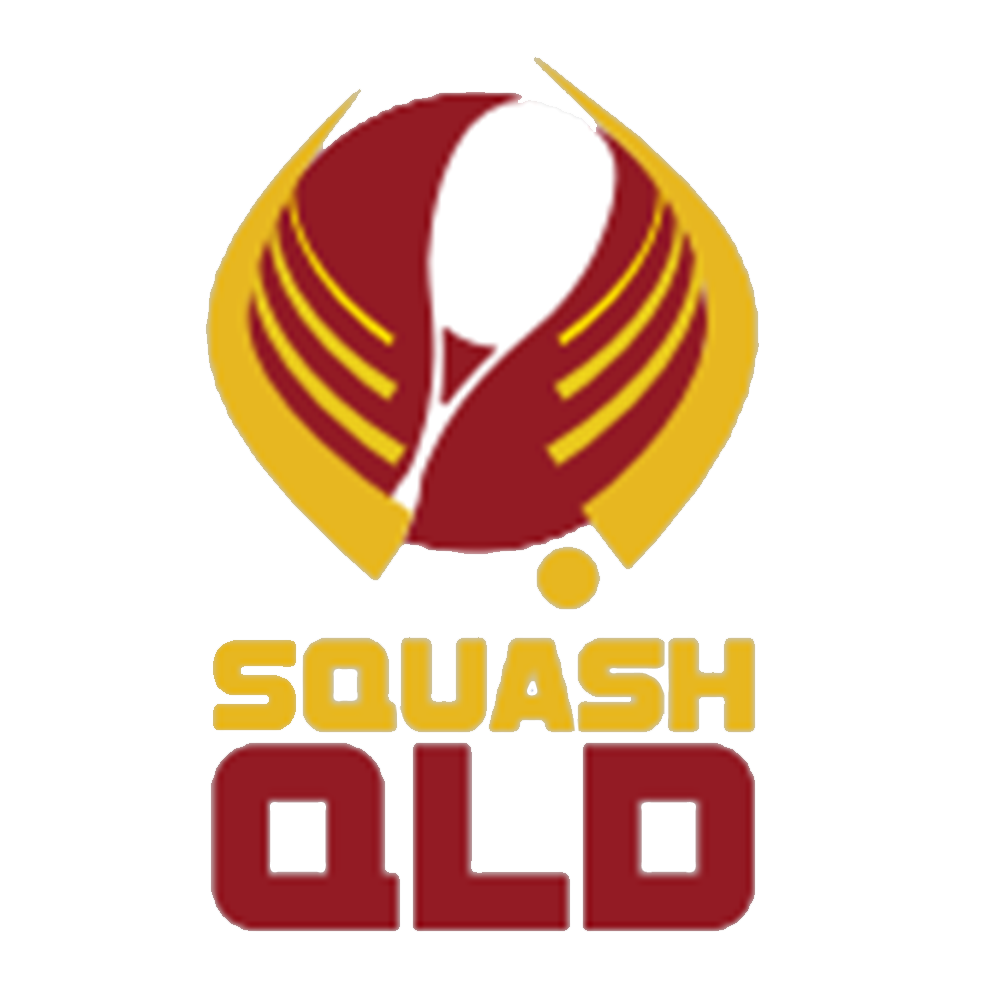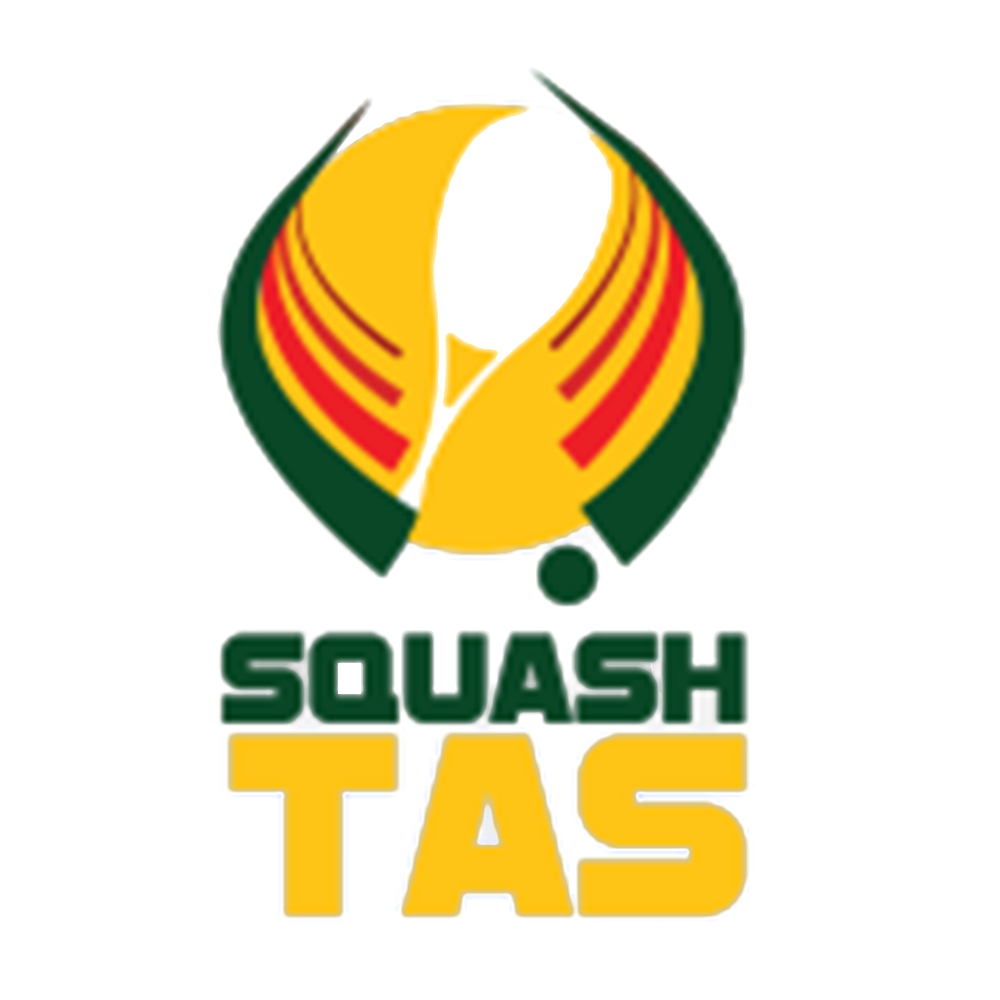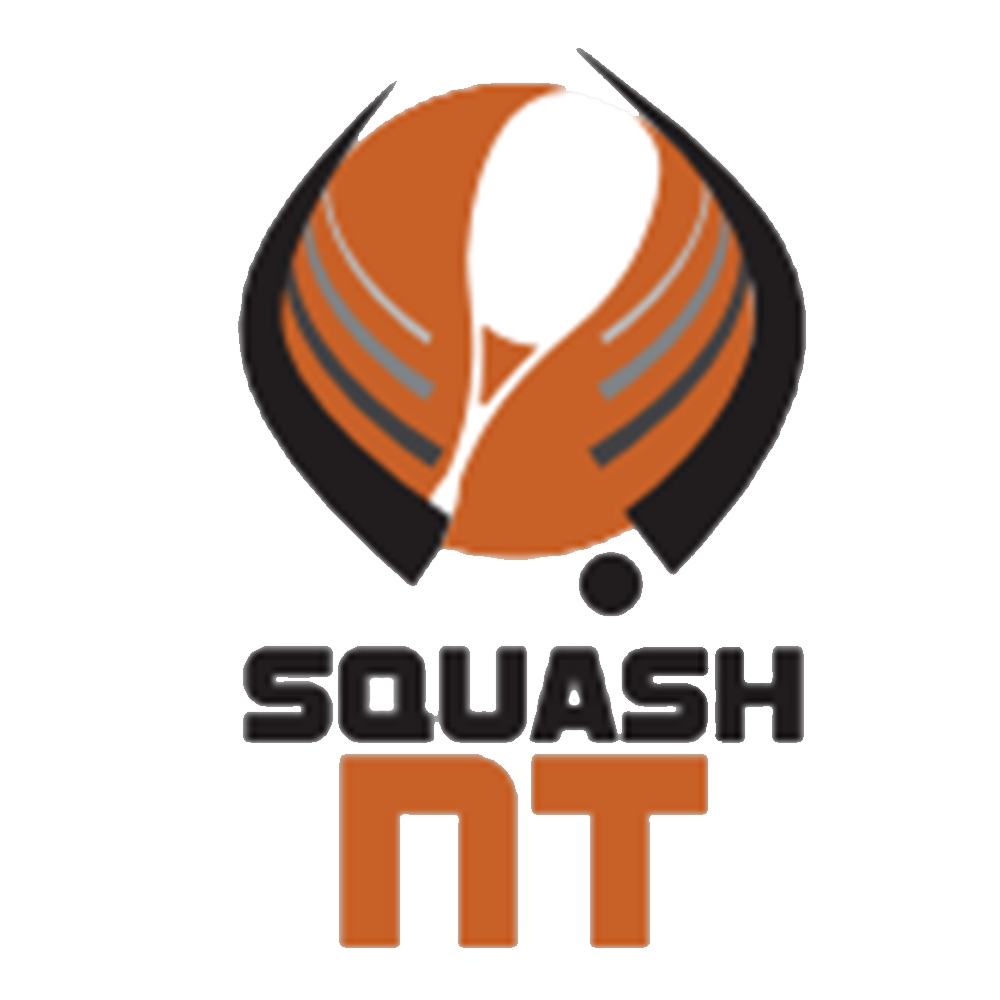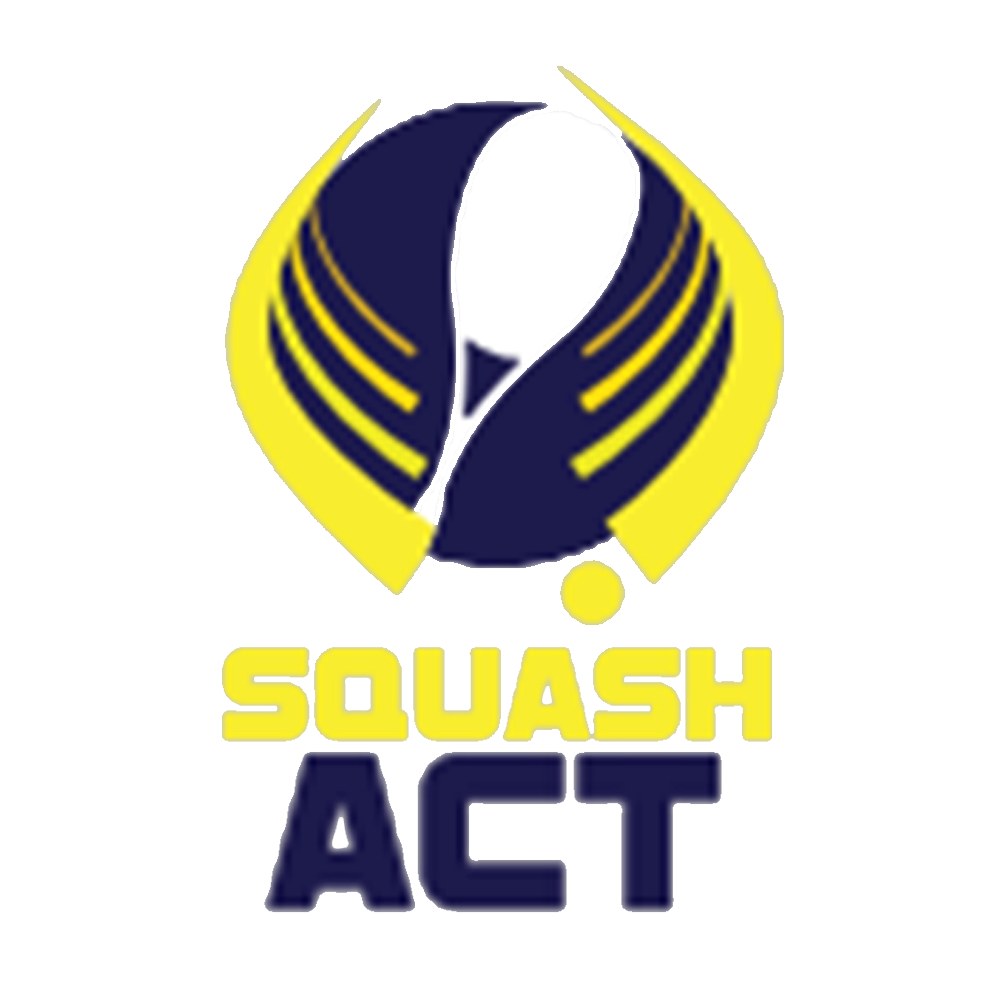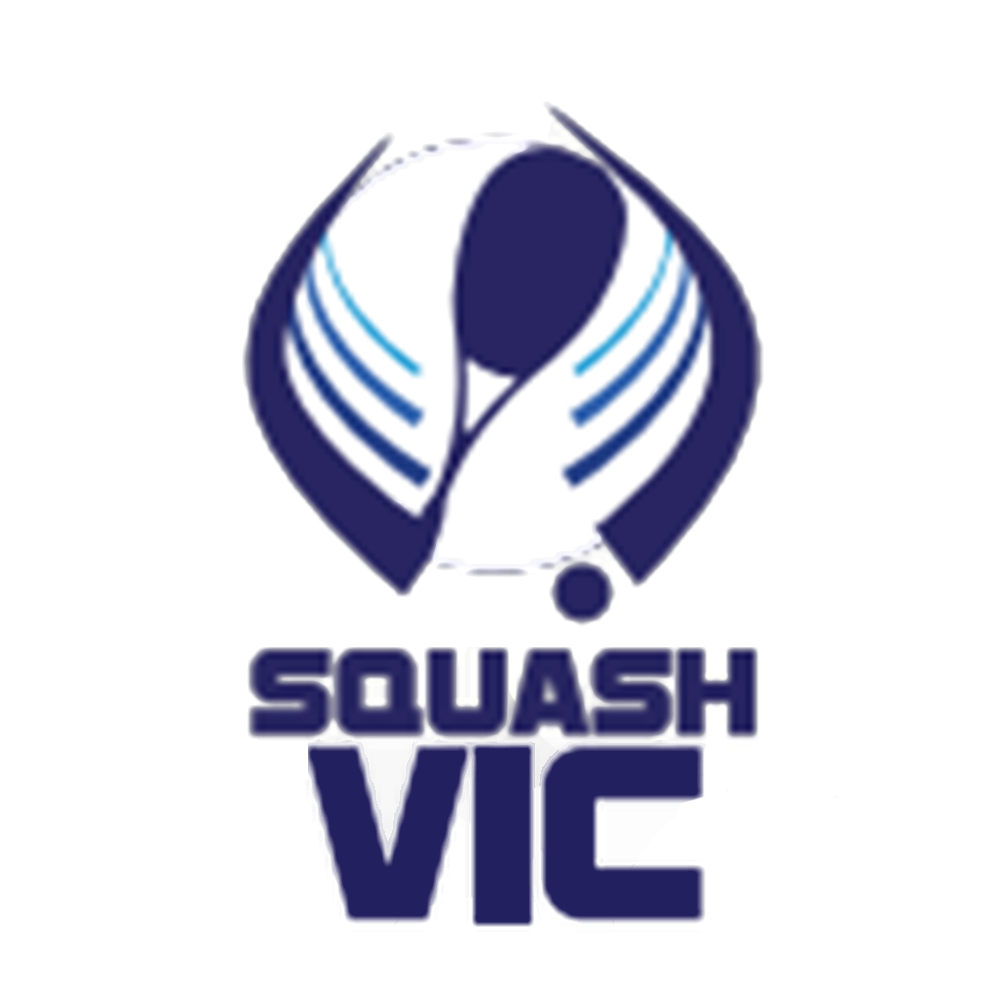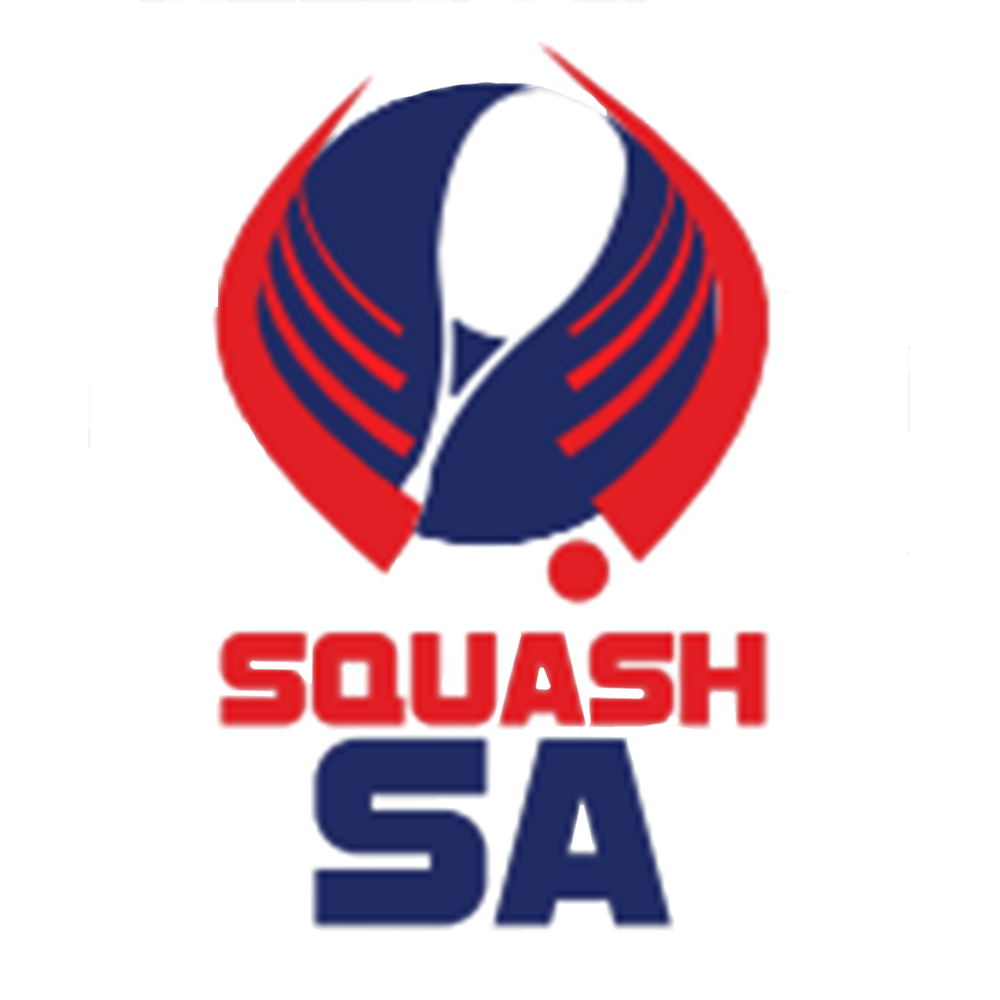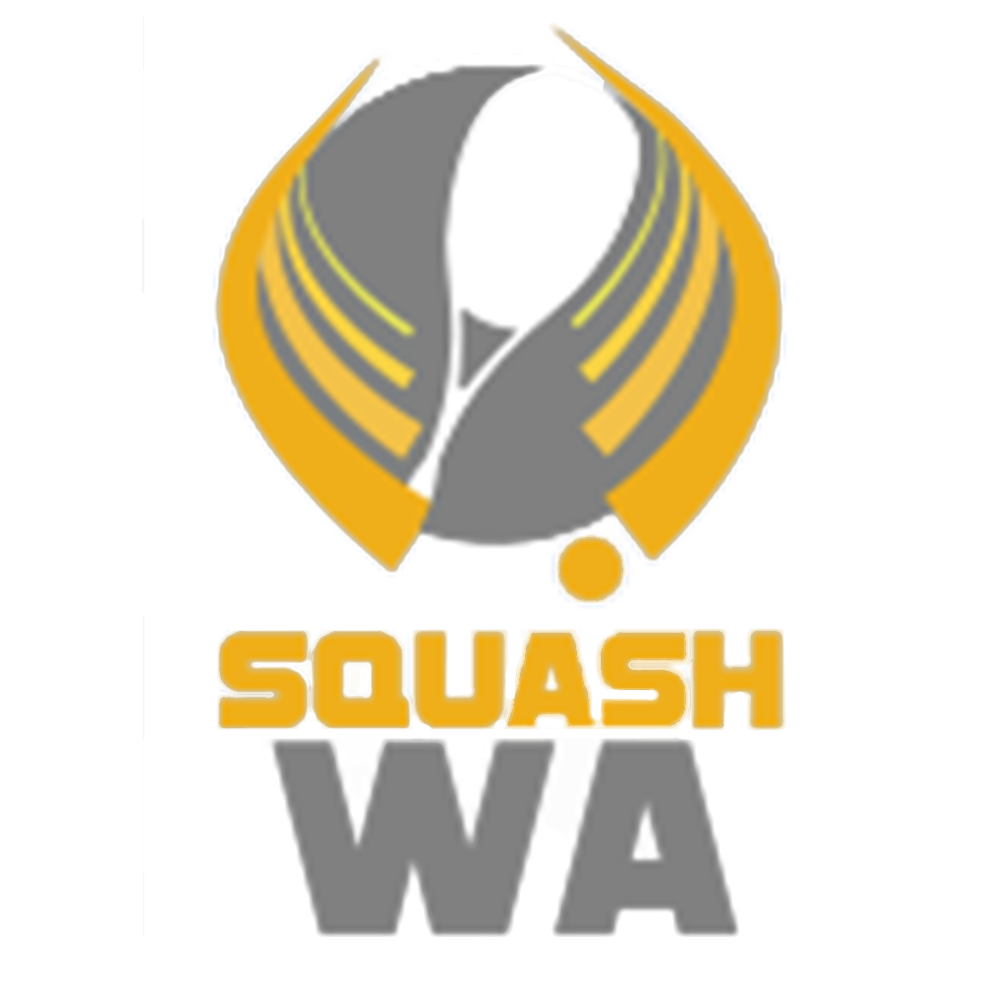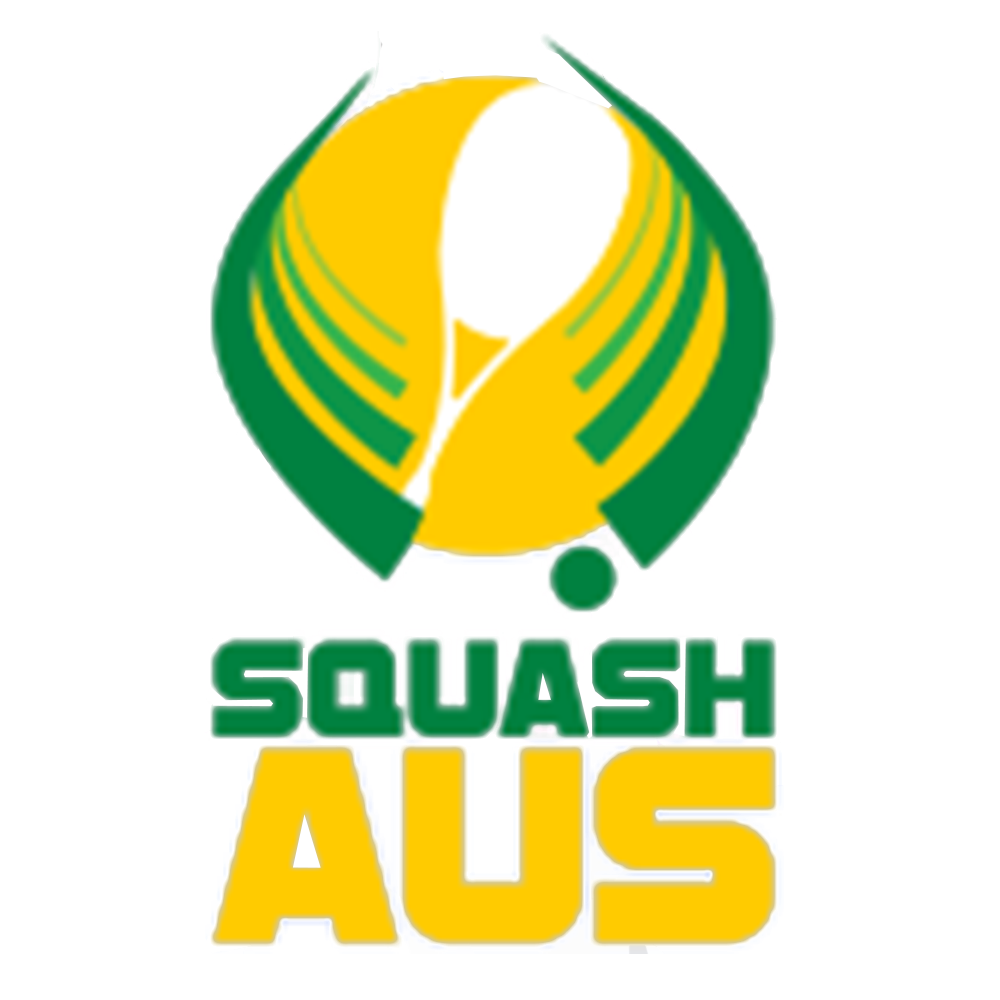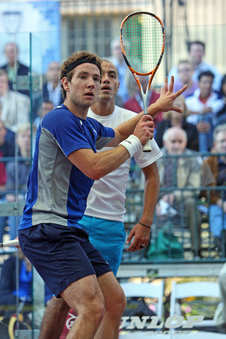
AF: I find it is very helpful for players to focus and give them determination on court to stay on top throughout the game. The whole point is to set a little target. Something small enough to make it more tangible instead of jumping from 0 to winning the game, you have a better understanding of how to get there by trying to make it to little checkpoints along the way. Also, it helps to try to position yourself by getting ahead in small brackets. Maybe you get up a couple of points...now you can think, "what's the next target?" We all tend to get distracted after periods of time, so it helps keep the focus in small phases. Especially in cases when we are up by a margin or down by a margin...instead of thinking "I'm 6-0 up!" the mentality switches to "My next target is 9." This helps keep you persisten the whole way through the game and prevent lapses that can happen when we start to get comfortable being up or start feeling low because we are down.
Team ECSA: Would you say that you would use this mindset more as a confidence booster or a lapse preventer then?
AF: For me, it has never really been about boosting confidence. It's definitely much more of a driver for me...like "Don't let up now, because my next goal is 3, 6, 9, or 11." No matter if you're up, close, or down on the score line, you're still sustaining concentration. It really just keeps me motivated to hit that next target.
Team ECSA: What about when you're down? When someone is a better player than you or you're having trouble finding your groove and way into the match, how can you utilize this?
AF: When you're down, especially by a big scoreline difference, it's hard not to buy into the "I'm gonna lose this game" mentality and hope that the break will help turn things around. I never wanted to get a game over and done with and get off because this way of thinking pulls you back into having a shorter vision...."I just need to get 6" etc. It kinda fires you up to fight harder to get to that margin instead.
Team ECSA: How do you prevent the pressure then of "I HAVE to get to 3, 6, 9, 11"?
AF: I never felt the pressure because I see it as a drive, which is what I hope to get across to my players and anyone reading this. It should be like seeing it as a tangible goal, not a must. Oftentimes, we are too broad in thinking about "winning the game". But I see it all the time, players then go on court and have no idea how to get that outcome. So ask yourself the same way you would with any long term or big goals you might have. How do I get there? By breaking it down into segments, it makes it believable and achievable for yourself mentally. Again, it's like my little motivator to aspire to win 4 mini sections of games, but I don't HAVE to get there. Kind of like a little challenge for myself ...bringing out my competitive side. I want to see if I can get myself to that next target. If it doesn't happen, that's also ok and you just need to take away some positives and some aspects to learn from.
Team ECSA: Is this something you thought about every match, every time you stepped on court?
AF: No, not all the time. The moments I remember the best on tour and I was using this tactic was in the fifth game of a tight match. It's those times that you know, you're really looking for that last bit inspiration to drive you home. One more push to win these 4 mini-sections and that's it. It makes that fifth game so much more tangible.
Team ECSA: Would you say that it helped relieve some fifth game pressure then?
AF: It didn't necessarily take pressure off, but it takes away the idea of winning and losing in terms of the whole fifth game. If I can focus on the short and stay in the present, it can become easier to play better instead of getting ahead of yourself being concerned about the thought of winning or losing THIS game which then means the match.
Team ECSA: What happens is you walk off court at 11-2 down?? You haven't quite hit that first target yet...so it's hard to see the positives. What do you say to yourself or to your players between games?
AF: Oh of course that is a tough situation, and you're thinking negatively because you know going 11-2 down, it sounds like you've been pounded out by your opponent. But that is when you can turn around and say, "I was so close to achieving that first goal!" Like, you were 2/3 of the way there. That's close! Still a positive to take away from it. Keep thinking of your mini-sections, still stay with it. It is easy for people to think, this isn't working, scrap it. But I always encourage players to continue with the same mentality. Get back on, think about that next little target. If you hit 3 points during the next game, great! Then strive for the next one and aim to hit 6 points.
Team ECSA: How can you use this mindset to relate to career goals, tournament goals, pennant goals, etc?
AF: This whole idea is all about ticking the little boxes along the way! FIRST, set your goals. You always need to have an outcome. SECOND, monitor how it's going. Plan. Strategize. What do i need to do get there? THIRD, be aware on the journey of what you are doing that is ticking the little boxes. Keep in a positive mindset, you may not tick the box the first time around. Understand where you are at, your highs and your lows, which may help you to redirect your plan to still get to your overarching goal. It's the same as this, there are small building blocks or steps to achieving the big goal of getting to 11. Know when you've gotten to each one, how you've gotten there (capitalizing on your strengths and their weaknesses!), and tick the boxes as you go.... 3 tick! 6 tick! 9 tick!
Team ECSA: Since you've retired, you still play often in local tournaments and premier league. Do you still use this tactic now?
AF: Every now and then. Most often I tell students to use it....and generally to think about it in those big moments like I said before. You know, sometimes you're having a good mental day and you don't need it. But if I need more drive or feel myself thinking negatively, that is when I turn to this and use it the most. As a coach, if I am watching a player's match who is getting close but just not quite getting over small hurdles in big moments in the game, it becomes one of my most handy pieces of advice. Look, if a player build this mentality into "muscle memory", that would be a POWERFUL tool.

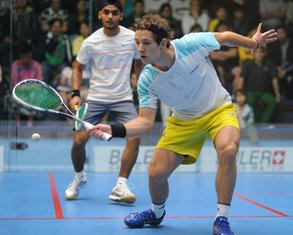
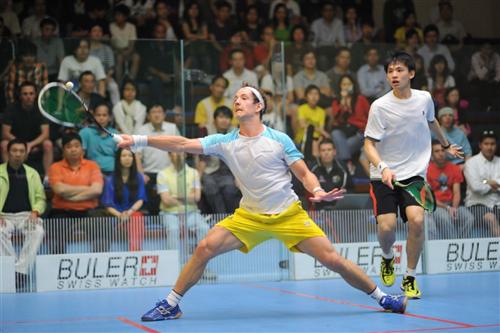
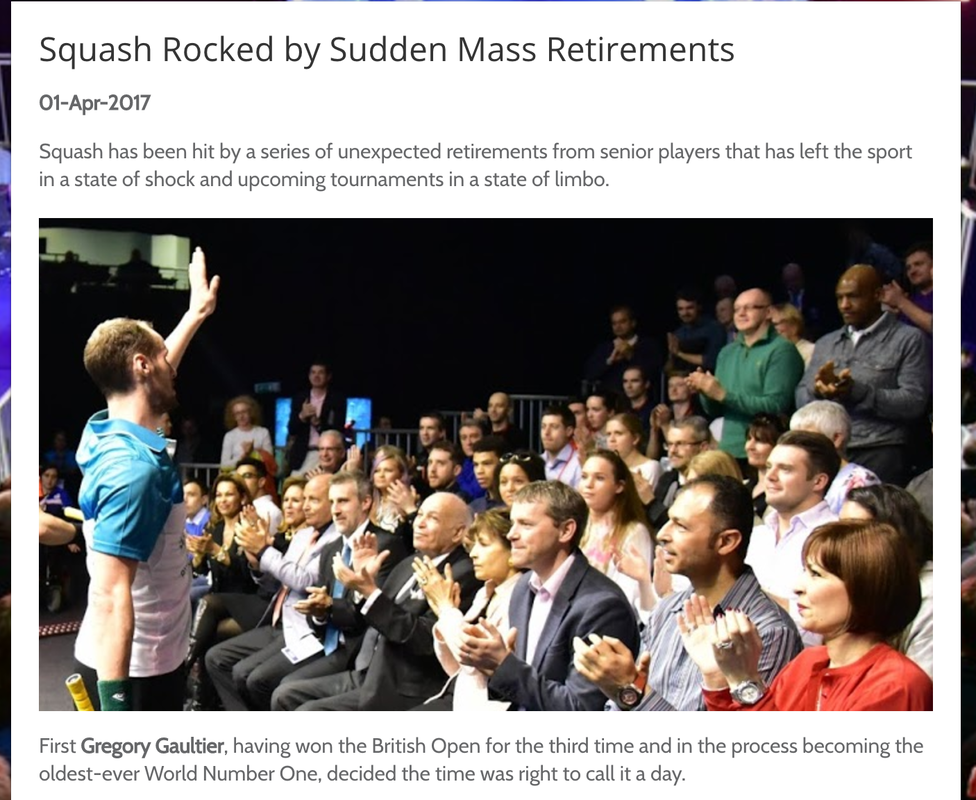
 RSS Feed
RSS Feed

